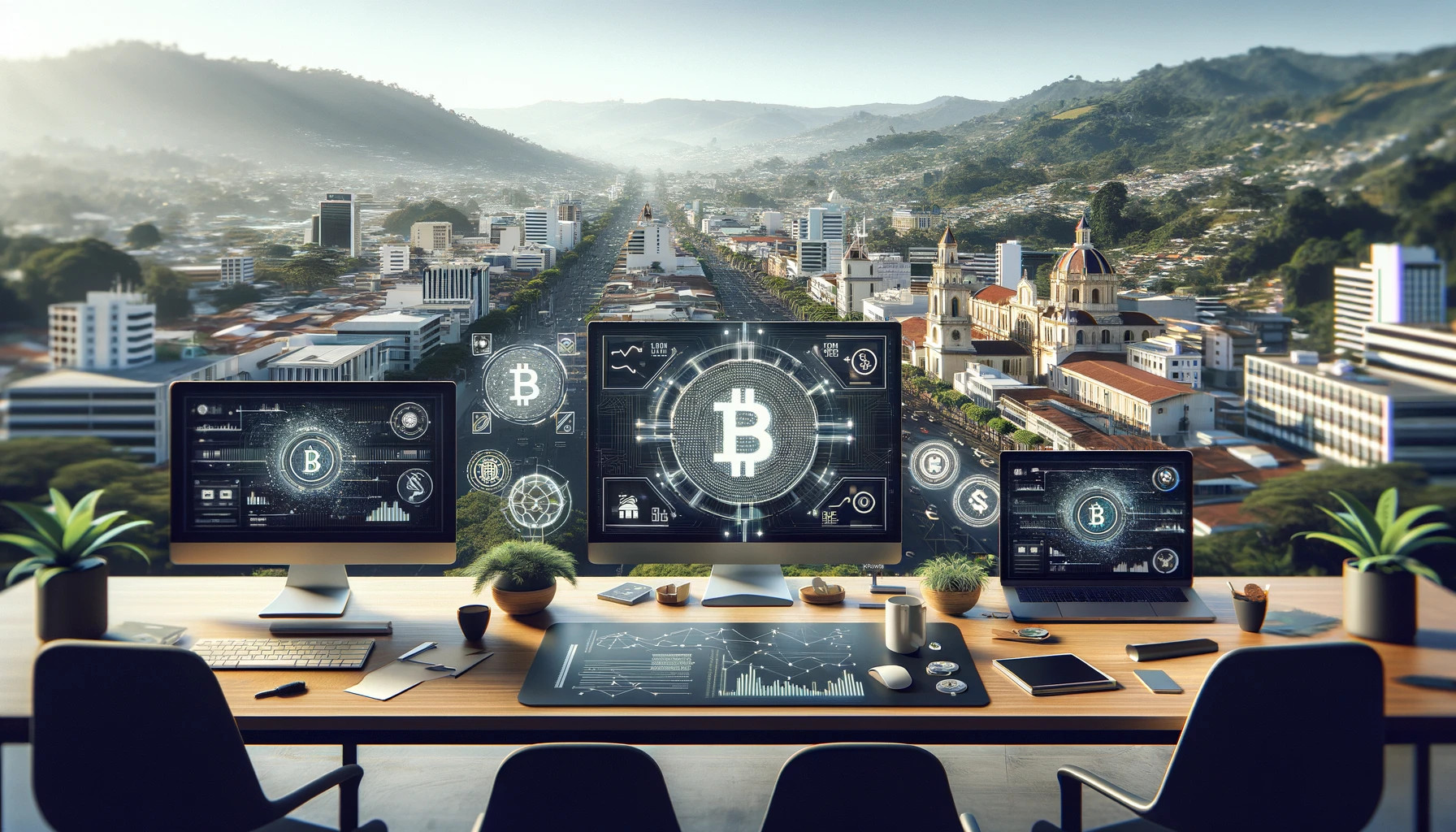Crypto-Colonialism in El Salvador: A Contradictory Freedom Haven for Expats
3 min read
Throughout 2023, El Salvador became a magnet for English-speaking individuals seeking refuge from what they perceived as oppressive regimes in their home countries. They heralded the nation as a newfound haven of freedom, largely attributing this to President Nayib Bukele’s Bitcoin initiative and the perceived liberty it brings. However, beneath the surface of these claims lies a contentious debate about the nature of freedom in the country, the impact of Bitcoin, and the consequences of what some term “crypto-colonialism.”
William Stebbins, in an article for Bitcoin Magazine, epitomizes the enthusiastic rhetoric, lauding El Salvador as a “budding sanctuary of freedom” thanks to Bitcoin. He argues that the cryptocurrency offers a revolutionary escape from a history marred by corruption and poverty. However, the narrative that Stebbins and others promote is met with skepticism by many locals, who have largely rejected Bukele’s crypto endeavors. This disconnect raises questions about whose freedom and prosperity are truly being served by such initiatives.
The new residents, often influencers or retirees, document their lives on social media, showcasing the picturesque beaches and local cuisine, all while celebrating the freedoms afforded by Bitcoin and the Bukele administration. Yet, this portrayal often glosses over the stringent and sometimes authoritarian measures employed by the government, especially during the COVID-19 pandemic. Their narrative of unbridled freedom contrasts sharply with the experiences of many Salvadorans, particularly under the State of Exception, which has seen widespread human rights abuses.
In an attempt to attract more foreign investment and residents, the Salvadoran government introduced the “Freedom Passport,” a fast-track to citizenship for wealthy individuals willing to invest a significant sum into the country. While this may seem like an opportunity for some, it underscores the inequalities and tensions inherent in the nation’s new identity as a crypto-paradise. The influx of foreign capital and people is rapidly transforming communities, often to the detriment of local residents who find themselves displaced or marginalized.
The complex situation in El Salvador reflects broader global debates about digital currencies, national sovereignty, and the rights of individuals versus the state. As more people from affluent countries relocate to El Salvador, attracted by narratives of liberty and financial innovation, the impact on local communities and the true nature of freedom in the country continue to unfold. While some may find a form of freedom in the nation’s crypto-friendly stance, the broader implications for Salvadoran society and governance are still being written, revealing a multifaceted and often contentious story of modern colonialism and the pursuit of liberty.
What a week living off Bitcoin in El Salvador at the @swan house looks like 🌋⚡️🇸🇻
Hint: we loved it so much we’re moving there 🙌
“This is the land of mana, of freedom, everything in freedom is here. Freedom in money, freedom in medicine, freedom in the internet. This is… pic.twitter.com/GKqawdHCzj
— Shannen Michaela (@ShannenPill) November 30, 2023
With information from El Salvador Perspectives



